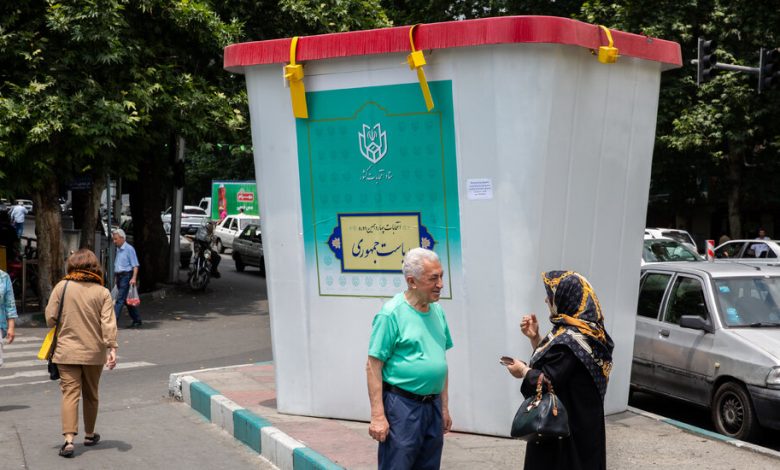‘We Have Been Going Backward’

Central Tehran is ablaze this week with posters and billboards of the six candidates in Friday’s presidential election, and the streets are jammed with buses taking supporters to campaign rallies, yet it is hard to find enthusiasm even for voting, much less for any individual candidate.
Iranians will head to the polls in a special election to choose the successor to former President Ebrahim Raisi, who died in a helicopter crash in May.
The election comes at a critical moment for Iran’s leadership. The economy has been weakened by years of sanctions, and under Mr. Raisi’s ultra-conservative leadership, personal freedoms and expressions of dissent have been increasingly quashed. Yet the government is keen to persuade more Iranians to show up at the polls in large numbers because voter turnout is seen as a measure of its support and legitimacy.
It may be a challenge, after years of voter boycotts and apathy, and judging from a small sample of interviews in recent days. Conversations with more than a dozen government workers, students, businesspeople and other ordinary men and women revealed a degree of weariness, even skepticism, despite the risks of speaking freely in Iran.
Even those who say they will vote — although they rarely want to say for whom — say they have little faith that their lives will change in ways that matter to them.